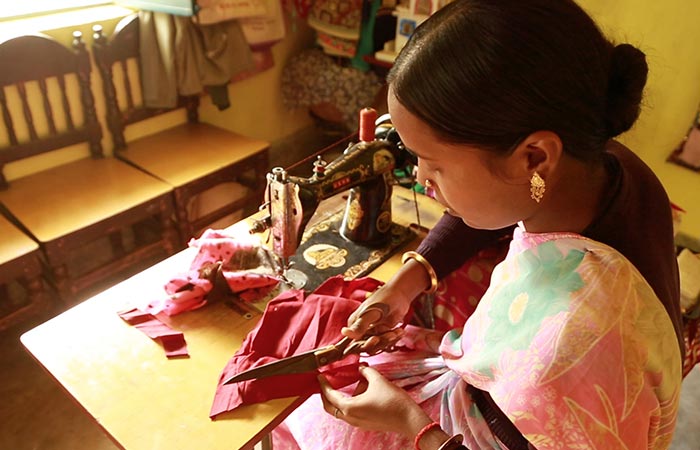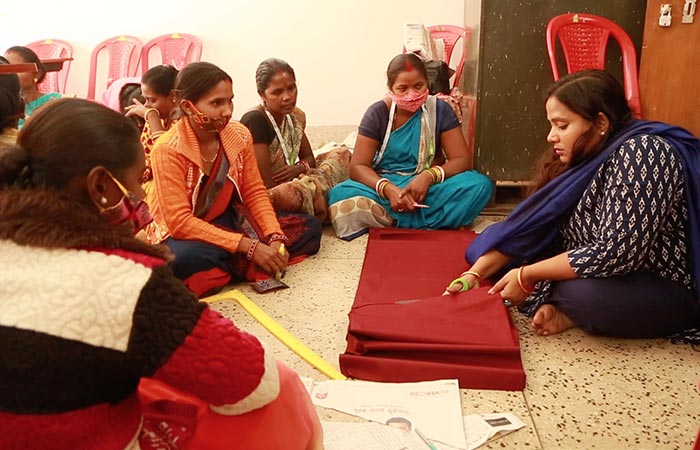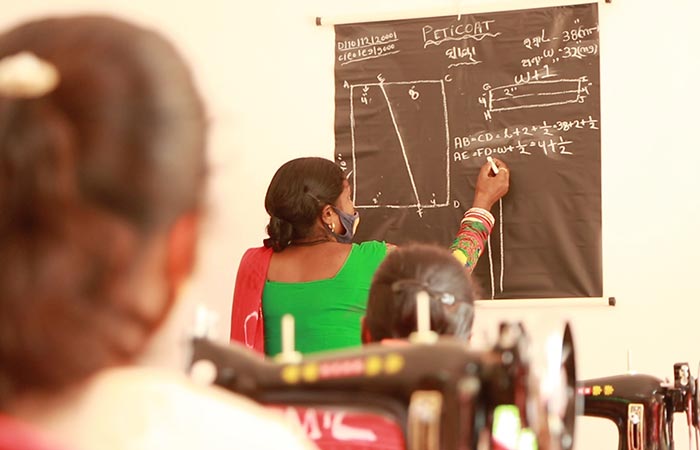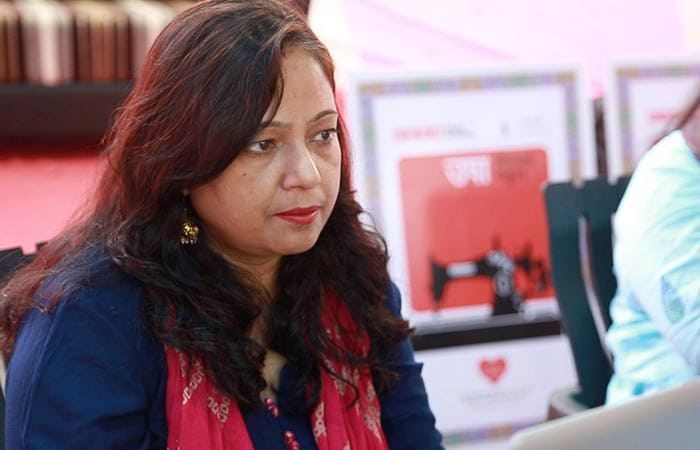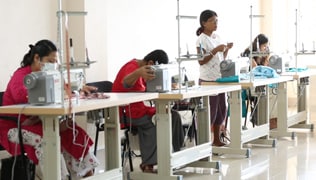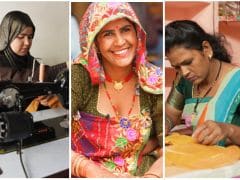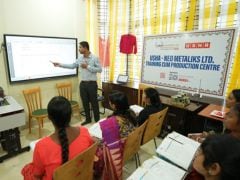USHA And State-Owned Enterprises Are On A Mission To Empower Poor Women In Jharkhand And Odisha
Under its Silai School initiative, USHA International Limited has been working towards empowering women from rural India and encouraging them to become entrepreneurs by taking up sewing and training others in their respective communities. In order to widen its efforts further, USHA has partnered with Public Sector Undertakings like Central Mine Planning and Design Institute (CMPDI) in Jharkhand and National Building Construction Corporation Limited (NBCC) in Odisha.
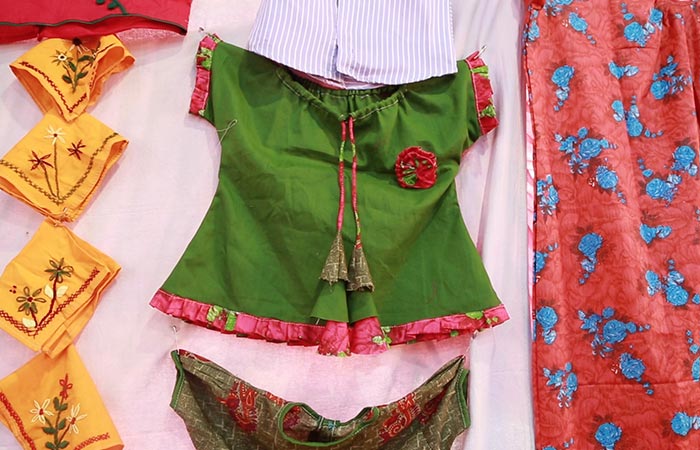
In Jharkhand, USHA and Central Mine Planning and Design Institute have come together to set up 20 Silai Schools around the mining areas in Dhanbad district. While the district is famous for its rich coal fields, the people living around the mining areas have been suffering poverty. Thus, the partnership aims to create a pool of opportunities for women in this area so that they can learn a new skill and use it to earn an income.
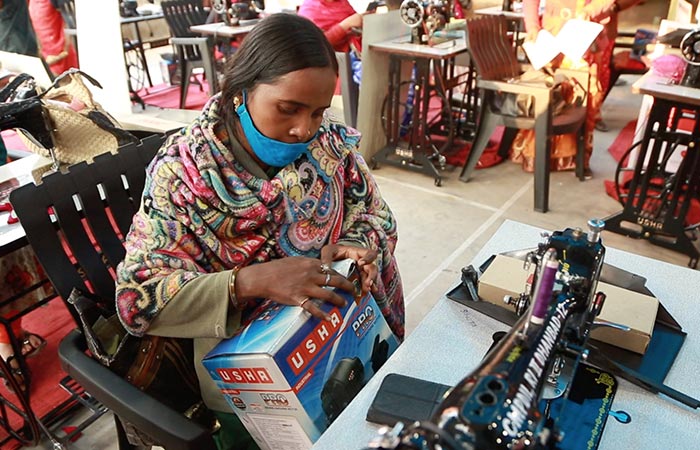
Sunita Devi, a tribal woman from Paduki village in Dhanbad, is one of the thousands of coal belt residents for whom getting two square meals a day is a daily fight. A widow, she has two children to look after as well as old parents. When an opportunity arose to sign up for USHA's first training centre in collaboration with CMPDI, she took it with a hope of changing her life for better.
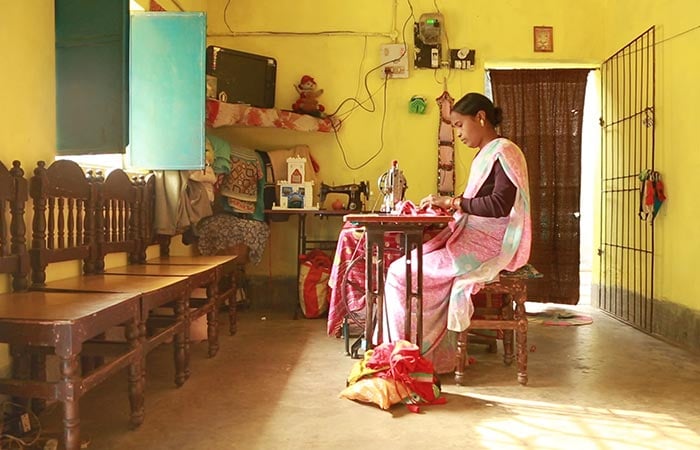
While talking to NDTV, she said, 'The Silai School has helped me learn the skill of stitching. Not only this, it has opened new opportunities for me. USHA and CMPDIL have not only given me a bigger machine but also better skills and confidence. We are now being trained so we can open our own schools and train other women to earn an income.'
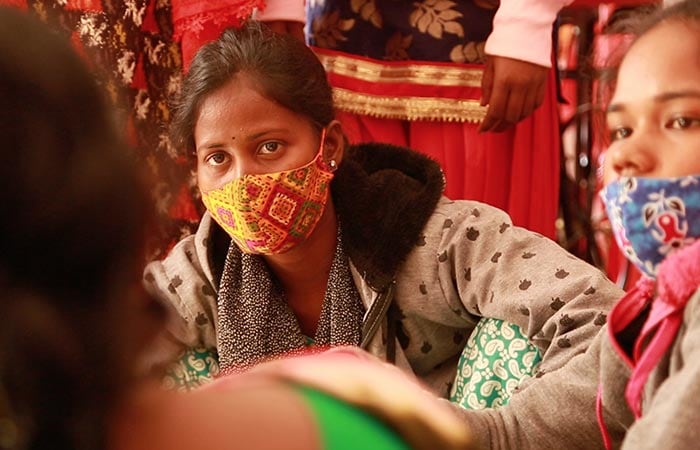
Like Sunita, another learner at USHA Silai School, Sangeeta Ram also hopes to help her family financially. The women wish to send their children to better schools and are ready for anything to help their children get a better future. According to Naveen Kumar, Assistant Manager, Community Development, Nodal Officer, CSR, CMPDI the trainers at the training centre understand the dreams of the learners and work hard to help them gain skills to fulfil those dreams.
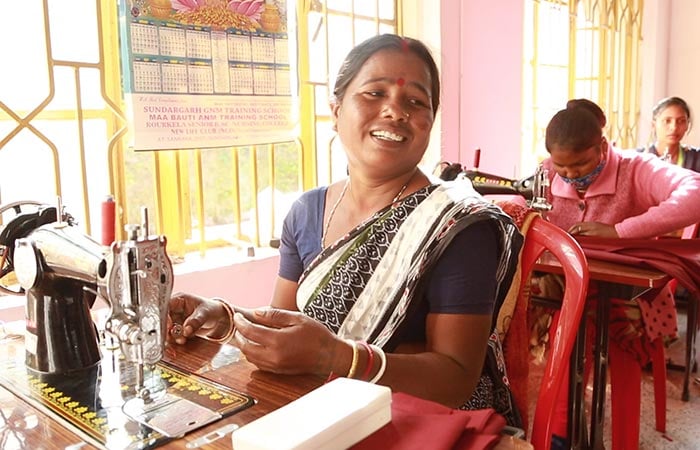
A training centre was set up under this partnership in Rourkela, the industrial district of Odisha where about 30 women are receiving training. Itwari Minsh, a resident of Dalposh village of Rourkela is one of them. After receiving training from USHA Silai School, Itwari, a mother of two and wife to a daily wage labour, has become an entrepreneur and is also helping other women become financially independent.
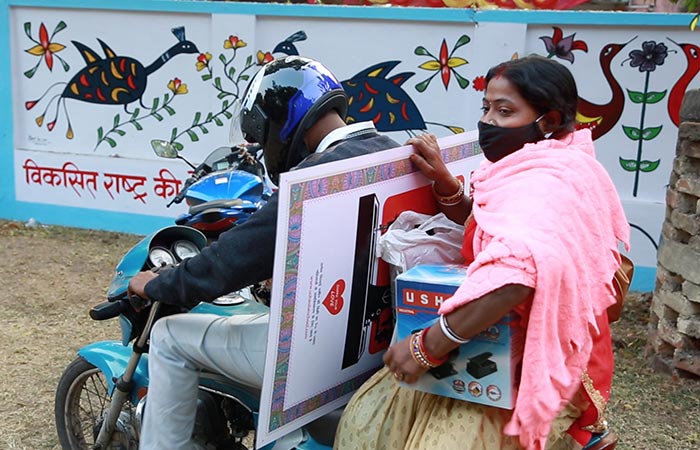
At the end of their training, all the learners are provided with a sewing machine for free along with a signage board for their own Silai School, some tool to them her repair the machine in case of any wear and tear and a user manual. The women are encouraged to impart the knowledge gained during the training among other women in their community and help them earn a livelihood.
Adopt a Silai School
About the Initiative
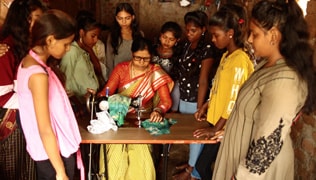
Kushalta Ke Kadam, an initiative by USHA Silai School and NDTV has entered its eighth season. The aim is to empower more women across rural India by teaching them sewing skills and helping them open new doors of opportunities for themselves. The initiative encourages rural women to become financially independent and entrepreneurs by taking up sewing and training others in their respective communities.
Since 2011, the USHA Silai School initiative has trained more than 12 lakh rural women through over 33,000 Silai schools, spanning over 20,751 villages across India.
The women earn Rs. 4,000 – 5,000 per month on an average, with the highest recorded monthly earning being Rs. 84,000 in a month. This earning works as a catalyst towards building their self-confidence, reducing gender inequities, and raising their stature within their families and in society at large.
Latest Stories
- Team NDTV | Monday February 16, 2026
Odisha's Suchismita Sahu, Rajasthan's Preeti Prajapat, Manipur's Akhirun—Usha Silai School's Kushalta Ke Kadam celebrates these awardees, from homemakers to master trainers earning accolades
- Team NDTV | Thursday February 12, 2026
From Ladakh peaks to Assam fringes, Usha Silai School trains tribal women in Turtuk, Kargil & Dakhinkuchi—crafting livelihoods with armed forces, NHPC & NGOs. Stitching national resilience
- Team NDTV | Thursday January 29, 2026
From West Bengal's transgender tailors to Telangana's tribal seamstresses and Meghalaya's embroidery revivalists, Usha Silai School's Kushalta Ke Kadam partners with NIRDPR and state governments
- Team NDTV | Tuesday February 03, 2026
In Odisha's mining heartlands, Mahanadi Coalfields Limited teams with Usha Silai School's Kushalta Ke Kadam and Gram Utthan, empowering tribal women turning them into entrepreneurs
- Written by Team NDTV | Friday January 02, 2026
Usha Silai Schools give second chances to women like Srinagar's Marifat, who rebuilt after widowhood; Madhya Pradesh's Jyoti, escaping abuse to run her own center; and Rajasthan's Vimla, rising from child marriage to tailor and teacher. Through nine-day training, they gain sewing skills, confidence, and income proving one stitch mends lives and inspires communities.
- Team NDTV | Friday December 26, 2025
A new wave of corporate-community partnerships is equipping rural women with skills, income and confidence

